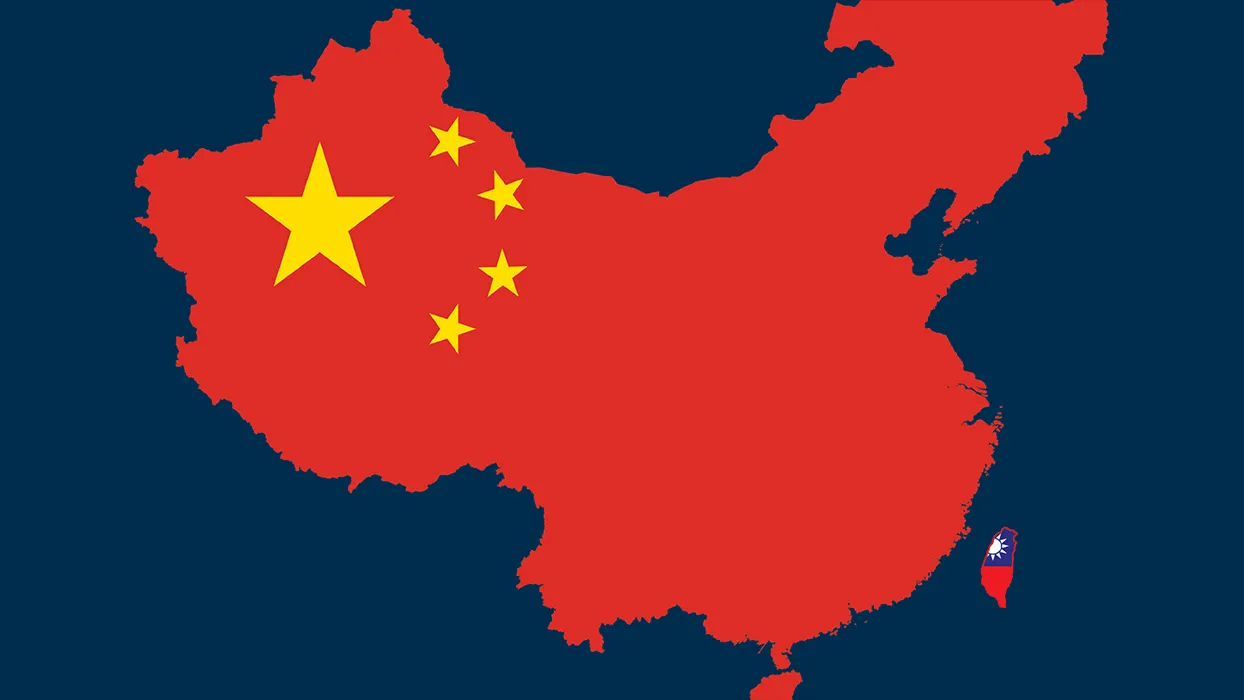Joe Gutierrez Office of Strategic Communication 909-537-5007 joeg@csusb.edu

The different trajectories of the People’s Republic of China and the “conservative” Republic of China (Taiwan) after the communist victory against the nationalists in 1949 on mainland China will be the focus of the next Modern China Lecture, set for Monday, March 2.
Julia Strauss, professor of Chinese politics from the University of London’s School of Oriental and African Studies (SOAS), will present on her new book, “State Formation in China and Taiwan: Bureaucracy, Campaign, and Performance” (Cambridge, 2019). The talk, which is free and open to the public, is set for 2 p.m. in the John M. Pfau Library, room PL-4005.
Strauss’ book is described as “an ambitious comparative study of regime consolidation in the ‘revolutionary’ People’s Republic of China and the ‘conservative’ Republic of China (Taiwan) in the years following the communist victory against the nationalists on the Chinese mainland in 1949. Julia C. Strauss argues that accounting for these two variants of the Chinese state solely in terms of their divergent ideology and institutions fails to recognize their similarities and their relative successes. Both, after all, emerged from a common background of Leninist party organization amid civil war and foreign invasion. However, by the mid-1950s they were on clearly different trajectories of state-building and development. Focusing on Sunan and Taiwan, Strauss considers state personnel, the use of terror and land reform to explore the evolution of these revolutionary and conservative regimes between 1949 and 1954. In so doing, she sheds important new light on twentieth-century political change in East Asia, deepening our understanding of state formation.”
Strauss received her undergraduate degree in Chinese language and European history from Connecticut College in 1983, and her master of arts (1984) and Ph.D. (1991) from the Department of Political Science at the University of California, Berkeley. She moved to the Department of Political and International Studies at SOAS in 1994. Strauss served as editor of The China Quarterly from 2002-2011, and was promoted to professor in 2013. In addition to her latest book, she is the author of “Strong Institutions in Weak Polities: State Building in Republican China, 1927-1940” (Oxford, 1998).
The Modern China Lecture Series was initiated to promote awareness of important issues related to China for those on the CSUSB campus and in the community. In the series of more than 40 lectures, workshops, film screenings and roundtable forums since January 2014, China scholars from UC San Diego, UC Riverside, the Claremont Colleges, UCLA, USC, UC Irvine and other institutions have visited the CSUSB campus to share their expertise and opinions.
Speakers in the series have included specialists in history, economics, political science, philosophy, finance, security studies, literature, anthropology and other fields.
The next event in the CSUSB Modern China Lecture Series will be on Tuesday, May 5, with Ping Yao, professor of history from Cal State Los Angeles. She will discuss “Gender Medicine in Chinese History.” The talk is set for noon in the John M. Pfau Library, room PL-4005.
The series cosponsors are the CSUSB Department of History, the Department of Economics, the History Club/Phi Alpha Theta, the College of Social and Behavioral Sciences, the College of Extended and Global Education, the Center for Global Management/Jack H. Brown College of Business and Public Administration, John M. Pfau Library, and Margaret Hill and the World Affairs Council of Inland Southern California.
For more information on the Modern China Lecture Series, contact Jeremy Murray, associate professor of history, at jmurray@csusb.edu.
For more information on Cal State San Bernardino, contact the university’s Office of Strategic Communication at (909) 537-5007 and visit inside.csusb.edu.